The war in Ukraine cannot go on forever
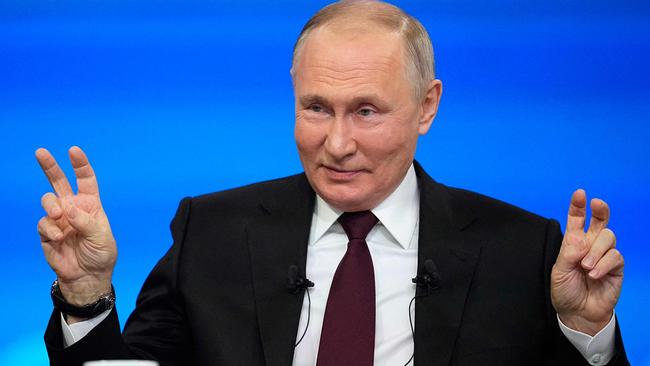
Politics and world affairs are the same. Tides turn but there are no trumpets. In two immense and wretched stories of our era, Russia’s attempt to take Ukraine by force and Israel’s attempt to destroy terrorism by violence, the same slack water is coming. Somewhere ahead, and for both sides in both conflicts, awaits the realisation that this is about as far as they’re going to get and it’s time now to deal.
From this columnist there is nothing more to say about Gaza. Amid the noise of furious insistence and wounded indignation, the voice that whispers “It can’t go on like this” is barely audible. But it will finally be heard. One way or another, stalemate is coming. Stalemate is where so many conflicts go. Then compromise.
In Ukraine, stalemate is already how it’s beginning to feel. Each side is dug in and bleeding, with nothing on the horizon but small gains or losses and unending slaughter. This cannot go on for ever. Once that is acknowledged there must be a deal. War ends either in the utter destruction of one side or in a peace deal that leaves both sides still on their feet. Though not perhaps quite yet, we’ll have to think about the latter.
First, this thought: to talk of compromise is not to urge any weakening in the effort by Ukraine or in support from that valiant country’s allies across the world. Quite the reverse. As we realise that the negotiating table is our destination, we should redouble our help so Ukraine can approach it from a position of maximum strength.
Hungary’s decision this week to block EU aid was despicable. Desperately needed are more and better weaponry, progress with Ukraine’s application for EU membership and another bruising military push in the year ahead, hurting Russia even if it brings no great territorial gain. Putin returned to his outrageous demands at his marathon press conference this week; the reinvigoration of the Ukrainian war machine next year should serve to help Moscow see that bragging about total victory is a ruinous delusion.
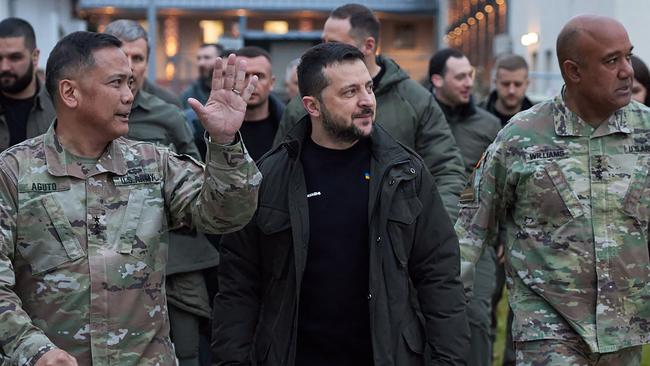
I want to look beyond next summer and onward to the growing acceptance by Presidents Putin and Zelensky or their successors – and by Ukraine’s paymasters in the free world – that these summers of slaughter cannot be endlessly repeated. Up to half a million people, Ukrainians and Russians, are now estimated to have been killed or injured. It’s a stain already on our century but I fear the sheer scale of the casualties has now passed our imaginative ability properly to register its horror. A dozen in a motorway pile-up, 60 in a train crash, 78 in a boat loaded with refugees near Greece … these figures we can comprehend. But half a million! And each young soldier the son or daughter of some grieving mother in Ukraine or the Russian Federation.
It would be silly for this columnist, unschooled in the cultural or regional fabric of Ukraine, let alone the complicated history and linguistic heritage the centuries have laid down, to start speculating on the terms of any deal. Whatever its shape, the unpalatable truth Ukraine and its friends would have to face is that any leadership in Moscow will need to be able to tell the Russian people – and those mothers I’ve mentioned – that the war had not been in vain. And any leadership in Kyiv would have to be able to tell Ukrainians it has secured a deal that brings permanent peace, prosperity and security, albeit behind borders it has been forced to adjust, somewhat shrinking their country.
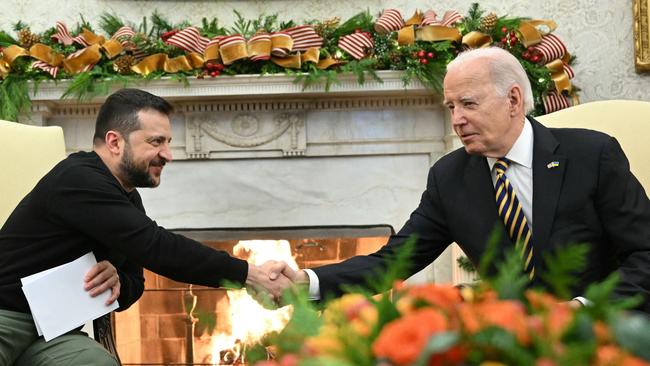
Having made this argument among friends for many months, let me deal with the objection that springs first to the minds of those whose instinct is that “not an inch” (in Boris Johnson’s words) must be conceded and the West must back Ukraine in “fighting on” indefinitely or until Russia is “crushed militarily” and “surrenders”, whereupon Putin is “removed”.
To this is often joined the argument that any peace deal would be futile because Putin would renege on it, having consolidated his position. These arguments are best rebutted by asking their proponents to define their terms.
“Fighting on indefinitely"? Russia can; they haven’t even needed a general mobilisation yet. Can Ukraine? Really? As for “crushed militarily”, this cannot be achieved by defence alone, however dogged, and requires attacking deep into Russian territory, plus the ability to hold what’s taken. The precedents for marching on Moscow are not good. As for “removing” Putin, have we the remotest confidence he’d be replaced by a leader waving a white flag?
“Putin would renege"? Well, he’d certainly want to. So how do we stop him, if not by removing him and replacing him with a Russian government more to our taste, which is beyond us?
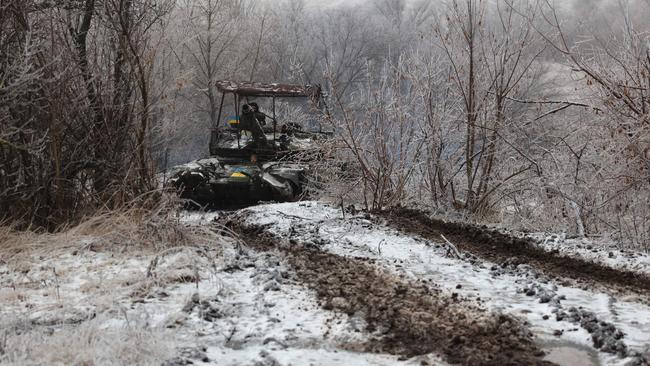
There’s only one other option: to make it impossible for Putin or any successor to renege. The choice for NATO and the West is strictly limited. We can’t underwrite the security of all 14 of the countries that share a border with the Russian Federation, but we can for Ukraine: by a process of convergence with European institutions and democracy, accompanied by military and economic guarantees.
Short of utterly destroying Russia’s military capability, that’s the best we can do for Ukraine: make sure Putin or his successors pick on somewhere else. We must choose which countries in our own European continent we bring within the fold of guaranteed western protection. We can include Ukraine.
We crave, of course – and Ukrainians certainly crave – future-proof solutions, and we can offer Kyiv a limited version. But we often suppose, too – as we did with Iraq and Libya, and as Israel does with Gaza – that it’s possible to fumigate entire regions and continents; a sort of geopolitical pest control. This doesn’t work. There will always be rodents. They can be contained, seldom eradicated. We serve Ukraine best by speaking of containment, not eradication.
It may be that nothing will bring Putin to the table. My hunch, though, is that he knows how to calculate. If so, we can help frame his sums. Arming Ukraine to the teeth, we should make clear we will never abandon that brave country; but to Putin make it clear that there’s a place at the negotiating table and a deal he could at least pretend was a victory. It will be kinder, I believe, to offer Ukrainians a promise we can honour.
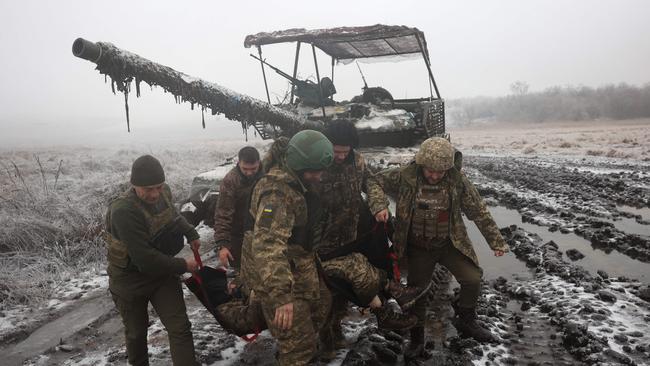
The Times

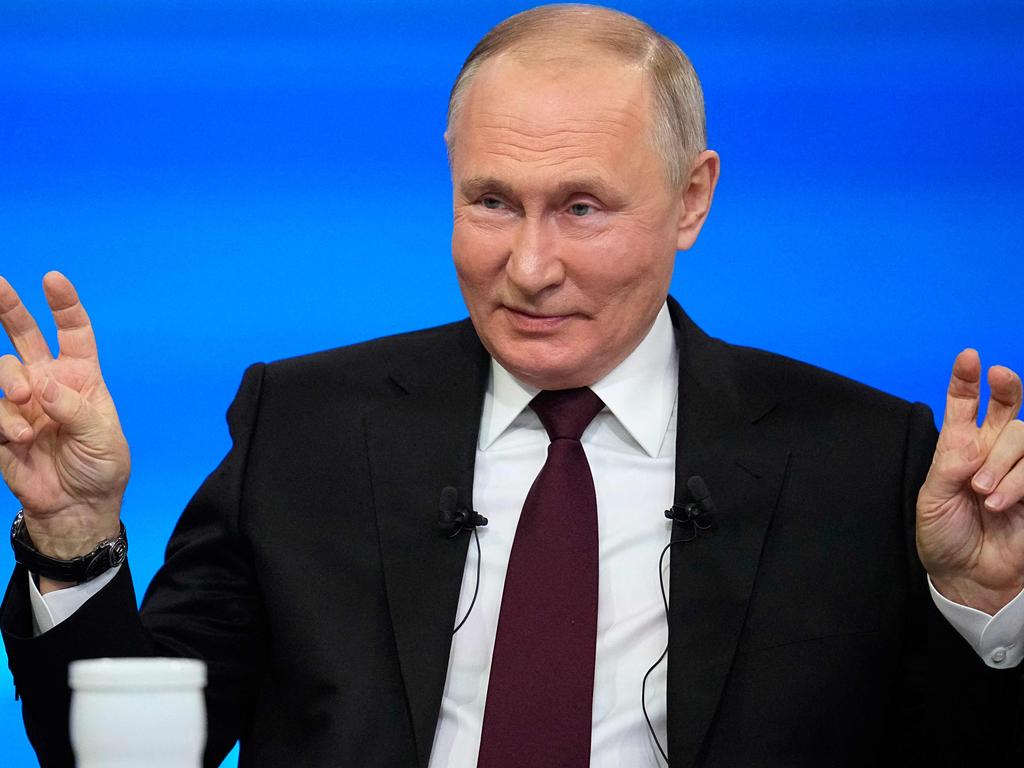
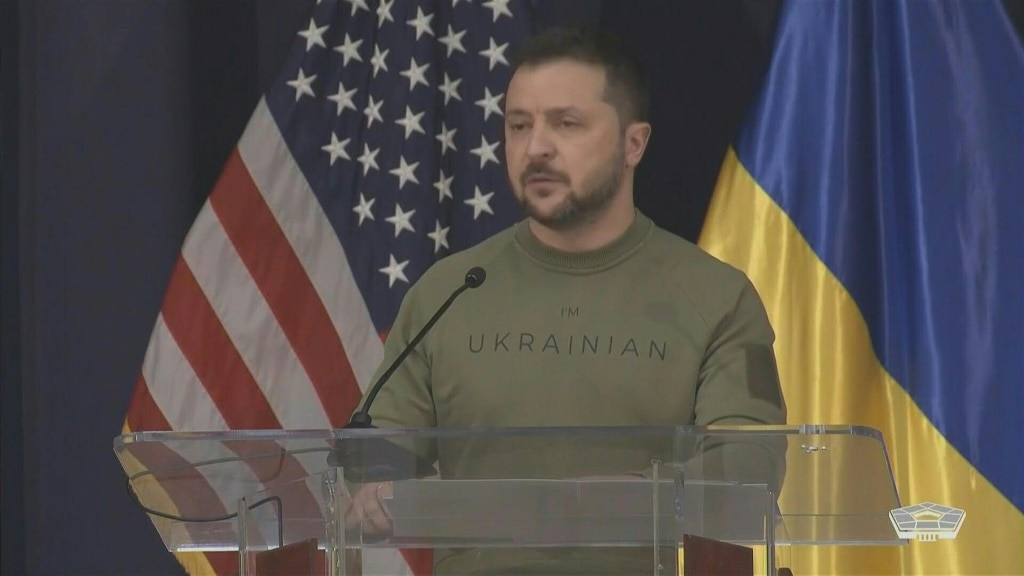

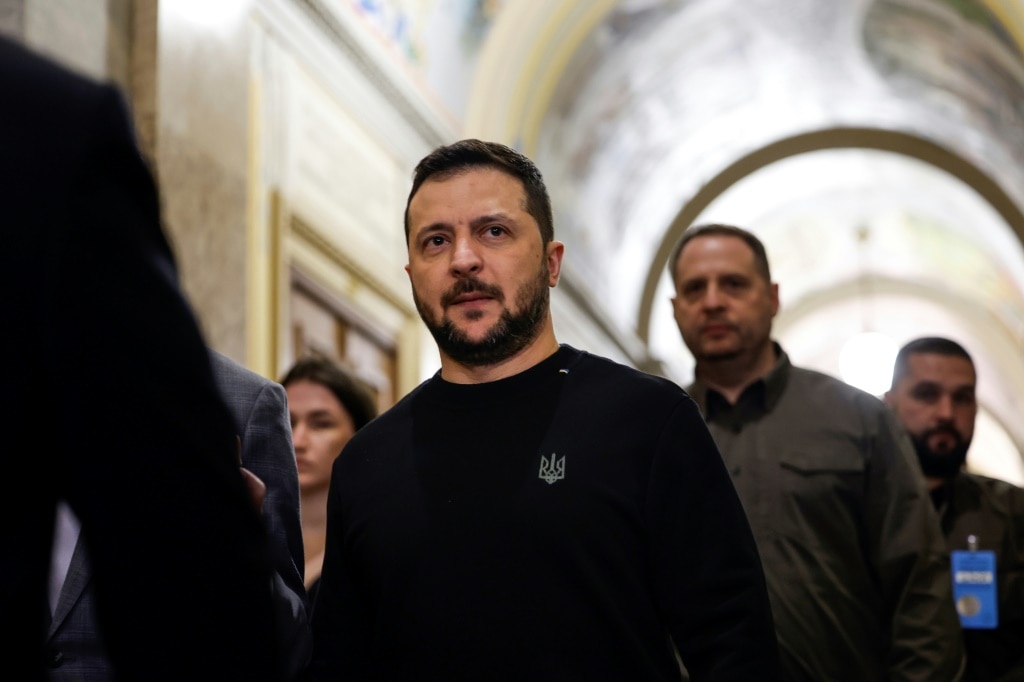


You cannot see the tide turn. From my London flat I watch the water rise or fall in the river below, but the only indication of high water is a slow slackening in the pace of flow before the moment of change. The moment is unseen.